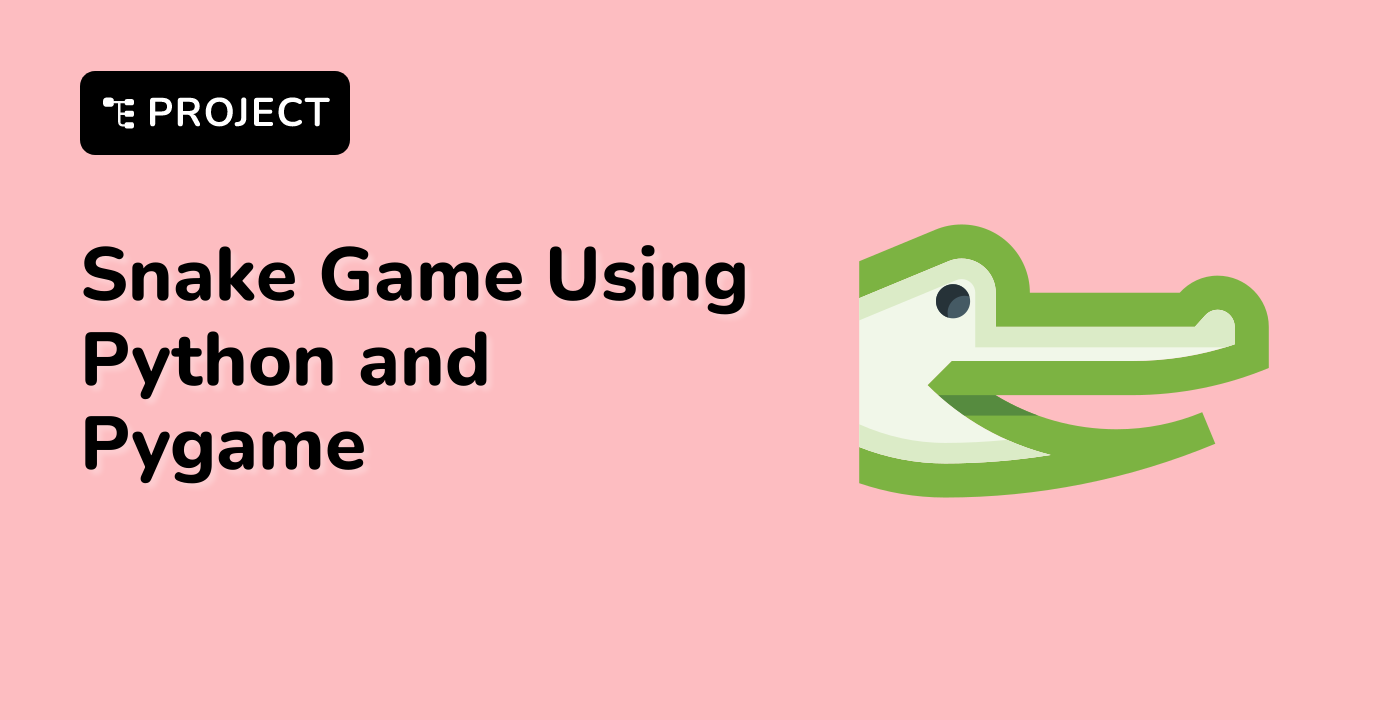Practical Import Techniques
Managing Complex Imports
Relative Imports
Use relative imports within package structures:
## Project structure
## myproject/
## ├── package/
## │ ├── __init__.py
## │ ├── module1.py
## │ └── module2.py
## In module2.py
from . import module1 ## Import from same package
from .. import another_package ## Import from parent package
Dynamic Imports
Implement runtime module loading:
def dynamic_import(module_name):
try:
module = __import__(module_name)
return module
except ImportError:
print(f"Module {module_name} not found")
return None
## Example usage
data_module = dynamic_import('pandas')
Import Management Flowchart
graph TD
A[Import Management] --> B{Import Strategy}
B --> |Static| C[Standard Imports]
B --> |Dynamic| D[Runtime Imports]
B --> |Conditional| E[Selective Imports]
Import Best Practices
| Practice |
Description |
Example |
| Explicit Imports |
Import specific functions |
from math import sqrt |
| Avoid Wildcards |
Prevent namespace pollution |
Avoid from module import * |
| Use Aliases |
Improve readability |
import numpy as np |
Handling Import Errors
Safe Import Techniques
## Graceful error handling
try:
import advanced_module
except ImportError:
## Fallback mechanism
advanced_module = None
print("Optional module not available")
## Conditional functionality
if advanced_module:
result = advanced_module.complex_function()
else:
result = basic_alternative_function()
Virtual Environment Imports
Creating Isolated Environments
## Ubuntu 22.04 commands
python3 -m venv myenv
source myenv/bin/activate
## Install specific package versions
pip install numpy==1.21.0
pip install pandas==1.3.3
Advanced Import Configurations
Custom Import Hooks
class CustomImporter:
def find_module(self, fullname, path=None):
## Custom import logic
print(f"Attempting to import: {fullname}")
return self
def load_module(self, fullname):
## Custom module loading
module = type(sys)(fullname)
module.__dict__['__custom_imported__'] = True
return module
LabEx Recommended Import Workflow
- Use virtual environments
- Specify exact package versions
- Create requirements.txt
- Use type hints
- Handle import errors gracefully
Lazy Loading Techniques
class LazyLoader:
def __init__(self, module_name):
self._module = None
self._module_name = module_name
def __getattr__(self, name):
if self._module is None:
self._module = __import__(self._module_name)
return getattr(self._module, name)
## Usage
numpy = LazyLoader('numpy')
Dependency Management
Requirements File
## Create requirements.txt
pip freeze > requirements.txt
## Install from requirements
pip install -r requirements.txt
By mastering these practical import techniques, you'll write more robust and efficient Python code, leveraging the full potential of module management in your LabEx projects.




